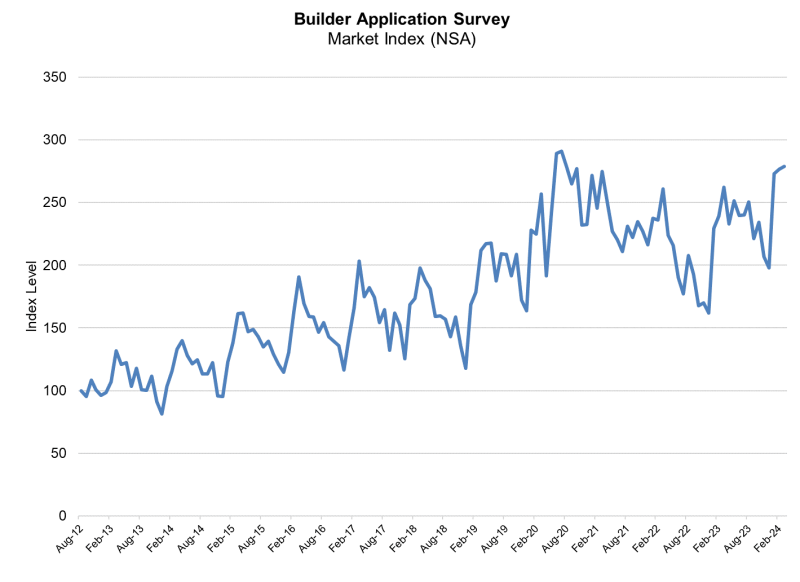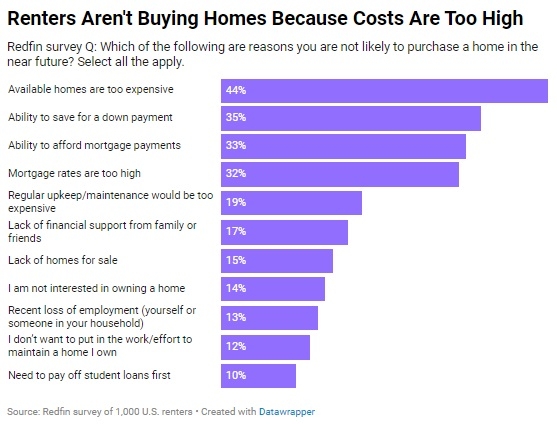Advertisement
FHA Update on CLTV Changes and UFMIP Refunds

In the Federal Housing Administration’s (FHA) Mortgagee Letter 10-36, published in late October, the requirement that the combined loan-to-value (CLTV) ratio not exceed the FHA geographical loan limit for both purchases and refinances was eliminated. As this is a change that will affect only a small percentage of the FHA loans being originated, I debated as to whether or not I should spend time clarifying this new guideline. In the end, I reasoned that since in some markets this will make a difference to a homeowner, mortgage loan originators (MLOs) should be informed and clearly understand what this FHA update states.
The wording FHA used in this Mortgagee Letter was potentially confusing. To sum it up, here’s what you need to know: The CLTV cannot exceed the applicable LTV for your loan program, but it can exceed the geographical loan limit as long as the FHA first does not.
For example, in Lexington, Ky., the maximum FHA loan amount is $271,050. Let’s say you have rate and term refinance of a first mortgage with a balance of $265,000 along with a re-subordination of a second mortgage with a balance of $15,000. The home in this scenario has an appraised value of $288,000. Provided the borrower meets all other criteria, this scenario would meet the new guidelines because: Although the total of both loans ($280,000) exceeds the geographical limit if $271,050, the FHA first is below the geographical limit and the combined LTV is 97.2 percent (which is below the allowable maximum LTV of 97.75 percent for rate and term refinances).
UFMIP refunds
Since the new mortgage insurance premiums (MIPs) are in effect as of Oct. 4, 2010, many MLOs are asking what will happen to the excess premium on a streamline refinance, since the new Upfront Premium is now one percent of the loan amount. The recent ML 10-28 that gave us the new premiums states: “The cancellation policies defined in Mortgagee Letters 2000-38 and 2000-46 remain unchanged.” To refresh your memories, ML 2000-38 reduced the refund period from seven years to five years and ML 2000-46 stated: “… If the refund amount exceeds the new upfront premium, the excess will be sent directly to the borrower from the U.S. Treasury using FHA's disbursement process.”
I contacted the U.S. Department of Housing & Urban Development (HUD) personally on this refund question, and they responded by saying that:
“Currently, if excess unearned premiums remain after netting of the refund to the new case number, then the funds are refunded to the borrower. However, FHA is examining this process and may make changes in the future.”
The last part of this statement tells us that the FHA is looking for a way to change the guidelines allowing them to reduce the amount of the refund to the borrower. These refunds can be very substantial especially for the high-cost areas. Take a $500,000 FHA loan in California that closed in May 2010, where the borrower paid a 2.25 percent premium in the amount of $11,250 and now they want to do a streamline refinance. The refund they will receive for a December closing will be, according to the chart below, 83 percent of the original premium, which is $9,337. In this example, the new premium of one percent will be $5,000, so they will receive a refund of $4,337 after collecting the new premium at closing.
The cash back opportunity
Do try to take advantage of this opportunity, before the FHA finds a way to take the refunds away! Most MLOs are analyzing their FHA streamline opportunities from a payment reduction perspective and haven’t considered this FHA guideline as an incentive for homeowners to refinance! Go back through your closed pipeline and review streamlines from this refund perspective. Contact your clients who may not be saving as much as they would like to on the payment, but stand to get a nice refund. In effect, this is like a cash-out refinance opportunity. Presenting the proposed loan to your client in this way, it makes a lot of sense (and dollars!) … even if the savings on the payments are not substantial.
Go FHA!
Upfront Premium Refund Factors
Match Month & Year Since Closing To Determine Refund Rate
Month of Year
Year
1
2
3
4
5
6
7
8
9
10
11
12
1
0.9750
0.9500
0.9250
0.9000
0.8750
0.8500
0.8333
0.8167
0.8000
0.7833
0.7667
0.7500
2
0.7333
0.7167
0.7000
0.6833
0.6667
0.6500
0.6333
0.6167
0.6000
0.5833
0.5667
0.5500
3
0.5333
0.5167
0.5000
0.4833
0.4667
0.4500
0.4333
0.4167
0.4000
0.3833
0.3667
0.3500
4
0.3333
0.3167
0.3000
0.2833
0.2667
0.2500
0.2375
0.2250
0.2125
0.2000
0.1875
0.1750
5
0.1625
0.1500
0.1375
0.1250
0.1125
0.1000
0.0833
0.0667
0.0500
0.0333
0.0167
0.0000
Jeff Mifsud is founder of Michigan-based Mortgage Seminars LLC, a former FHA underwriter with 15-plus years of experience originating FHA loans, an FHA expert for LoanToolbox.com and creator of The FHA Originator, a monthly FHA newsletter. Jeff may be reached by phone at (248) 403-8181 or visit www.MortgageSeminars.com.
About the author





